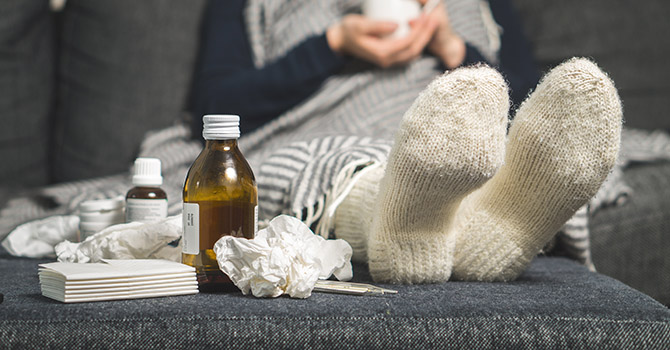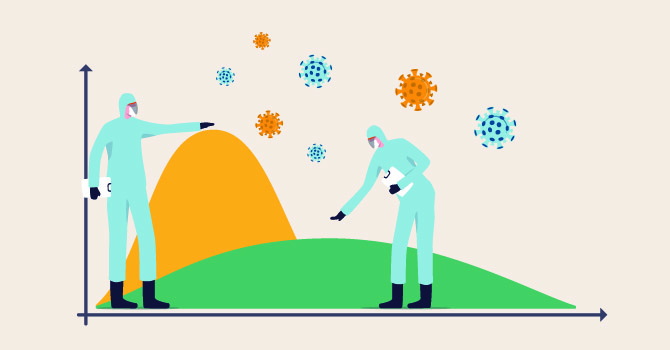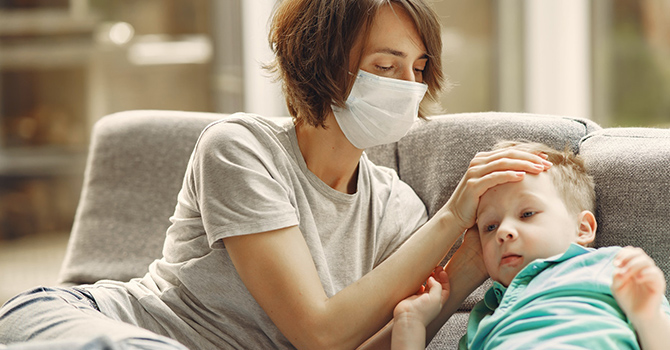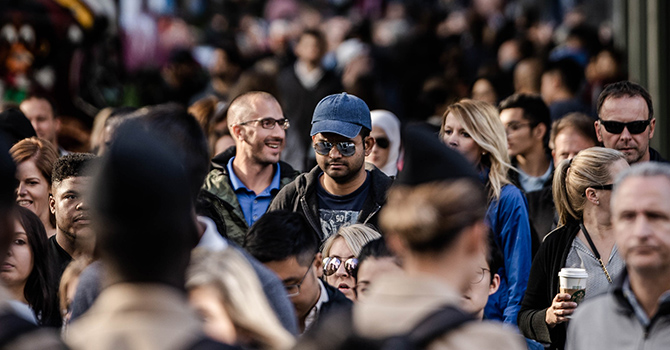
Adults With Obesity More Likely to Develop H1N1 Influenza
New research from Hannah Maier
Adults with obesity are more susceptible to influenza A/H1N1pdm—the swine flu virus, according to a new study that did not, however, find a similar association with the seasonal flu.





